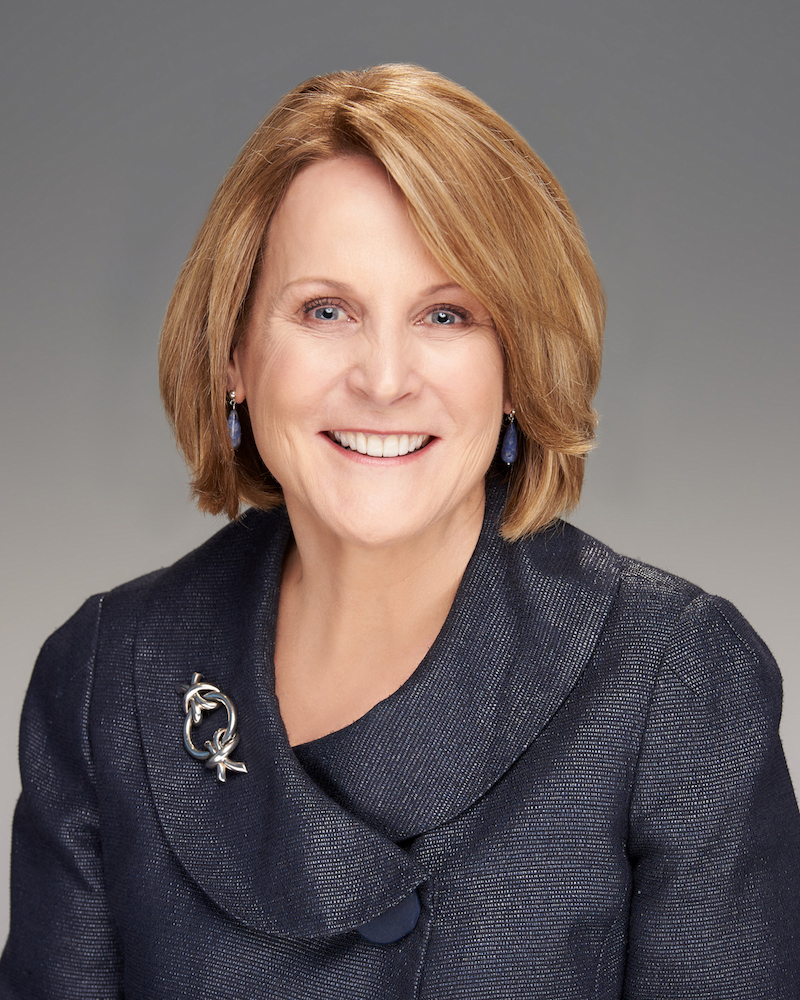Name Unmentioned, Trump Still Dominates the Munich Security Conference
Even where speakers took pains to avoid uttering it, the name “Donald Trump” still dominated the 53rd Munich Security Conference this past weekend.
Published by The Lawfare Institute
in Cooperation With

Even where speakers took pains to avoid uttering it, the name “Donald Trump” still dominated the 53rd Munich Security Conference this past weekend.
Every February, the Munich Security Conference brings together a “Who’s Who?” of security experts from governments, think tanks and the private sector. This time around, world security experts are clearly paying close attention to Mr. Trump; their challenge is how to take Trump at his word when the words keep changing. Conference-goers focused on whether the United States intends to continue in its global leadership role under President Trump and what it intends to do about Russia. They got some answers but questions lingered.
The point of the Munich Security Conference—ranked the best think tank conference in the world for the fourth time by a University of Pennsylvania study—is simply to discuss the simmering and at times boiling security issues challenging the trans-Atlantic partnership and the globe. Unlike similar events, the conference does not issue a report or communiqué. When the conference first launched in 1963, participation was limited to about 60 security leaders, including Henry Kissinger and Helmut Schmidt. The conference has grown almost ten-fold over the last 50 years and draws a crowd of heavy hitters from over 70 nations. Attendance this year included heads of state, foreign ministers, think tank leaders and UN players. Senator John McCain with Senator Sheldon Whitehouse led the largest US congressional delegation in years with more than a dozen US senators and house representatives in attendance. Vice President Mike Pence, Secretary of Defense James Mattis and Secretary of Homeland Security John Kelly made appearances, as did high-ranking former US officials.
Talk of Trump began even before the stage lights popped last Friday and the tiered meeting hall filled for the opening welcome. The Munich Security Report, a “conversation starter” issued in advance of the conference, carried the provocative title, “Post-Truth, Post-West, Post-Order?” The Report included a list of the Top 10 political-risk stories of 2017. The first political risk on the list? An “Independent America" under Donald Trump. Not surprisingly, attendees arrived loaded with questions about America's role in foreign policy. In the few short weeks between the inauguration and the conference opening, statements from the Trump Administration about the "one-China policy," its support for NATO, and the US-Russia relationship suggested there might be a seismic shift occurring under certain pillars of US foreign relations. And Trump's vivid denunciation of the press last Thursday, just a day before the conference officially convened, furthered speculation that the pillars of democracy might also be cracking.
Ursula von der Leyen, Germany’s defense minister, opened the conference and managed to avoid ever mentioning Trump by name as she told the audience that the world needed America’s global commitment and engagement. Senator John McCain also avoided using Trump’s name in his prepared remarks urging attendees not to count America out. Speaking the next day, German Prime Minister Angela Merkel stressed the importance of NATO. In an answer to a question about attacks on the free press in the United States she did not mention Trump but opined that the free press was an essential pillar of democracy. Vice President Pence’s speech pledging America's "unwavering” commitment to NATO and mention of Trump received tepid applause. On the last day, Senator Chris Murphy joined Senators Lindsey Graham and Jeanne Shaheen on a panel about whether the US Congress would take on the issue of Russian interference in the Presidential election. Senator Graham made clear his views when he proclaimed 2017 as the year of “kicking Russia in the ass.”
Despite the tug-of-war over what the Trump Administration will do, the Conference managed to spotlight a broad swath of security threats. Bill Gates moderated a panel on health security, warning that we are not prepared for bioterrorism that “could wipe out 30 million people in less than a year.” Senator Sheldon Whitehouse emphasized the risks to not only economic stability, but also democracy, if climate change continues unabated. There was a roundtable discussion on the rapidly warming Arctic and on Russia’s intentions as navigation and commercial activity in the Arctic increases. So-called "night owl" sessions, which started at 10:30 pm, covered Russian cyber-attacks on US elections and pondered the question, "Obsolete or very important? NATO in 2017."
Since by design the conference has no official outcome, there is no formal assessment as to whether attendees obtained the answers they sought on US intentions for foreign policy under President Trump, or what to do about Russia. Relationships were built, ideas explored and a goodly amount of German beer consumed. But we just may have to wait until the 54th Conference convenes in February 2018 to know more about just how deep the fissures opened by the Trump Administration run.



